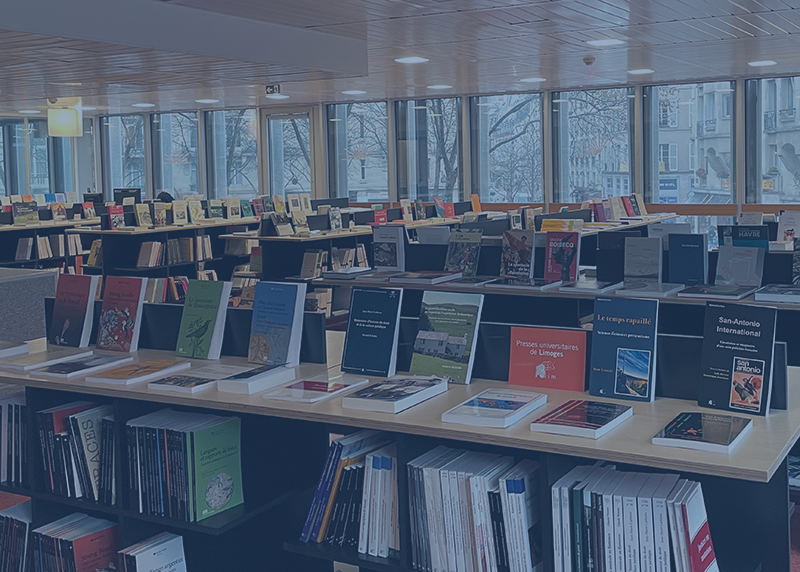Will the Syrian tragedy be the United Nations tomb?

The non-respect of the United Nations resolutions and the resort to chemical weapons in Syria call all the collective security system into question, believes Laëtitia Atlani-Duault, head of the Collège d’études mondiales, in a paper published in Le Monde, on Friday, March 30th
Will the Syrian tragedy be the tomb of the United Nations? After the tragedy of Aleppo the events in Eastern Ghouta beg the same question but with two new issues: the first regarding the Council's ability to enforce its own resolutions; the second, more urgent, on the control of chemical weapons.
Eastern Ghouta has shown that the Council is no longer blocked by the veto rights of at least one of its five permanent members, as was the case in Aleppo. But though no longer blocked, it is now impotent, and the spectre of the League of Nations’ collapse is ever more present.
On February 24, the Council for once came together when faced with a tragedy that has already claimed between 350,000 and half a million lives. At least it seemed so, with the Council having voted unanimously for a resolution calling for the immediate ceasefire and a humanitarian truce of at least 30 days. In reality, this resolution was never implemented. The regime continued its offensive with indiscriminate shelling of populated areas, and more than 400,000 people were besieged.
If the bloody siege of Aleppo was a reminder of the regularly discussed proposal to remove the right of veto in case of mass atrocities, that of Ghouta calls into question the non-binding nature of Security Council resolutions. Like the League of Nations, the United Nations does not have an army of its own and cannot enforce Council resolutions on the ground. Sanctions, to be effective, require Member States to decide and to take action. Blaming the UN and calling for its reform is meaningless because the obstacle is not at the level of the Secretary General or the General Assembly, let alone the agencies on the ground, but at that of the members of the Council. The current question is whether the decisions of the Council can be implemented despite the refusal of key actors (Russia, Syria, Iran and Turkey). Many states seem to be inhibited by the rhetoric of 'red lines', ones that have been blithely crossed for years.
Today, it is the credibility of the Security Council and its members - who represent us – that is in the balance. Eastern Ghouta constitutes a new Aleppo, the target of a re-conquest operation marked not only by terrible violence but by the use of chemical weapons. It is not mentioned enough, but the fact that the latter occurred in Ghouta – as it did a few days ago on European soil – relates directly to the responsibility of the Security Council to ensure compliance with international agreements on chemical weapons.
Eastern Ghouta had already suffered chemical attacks in August 2013. At the time, the joint UN/Organization for the Prohibition of Chemical Weapons (OPCW) investigation mechanism did not yet exist, but the UN fact-finding mission on the use of chemical weapons had confirmed their widespread use. The US and French governments threatened to intervene militarily, arguing that a 'red line' had been crossed, but finally, the Council adopted a resolution setting up a mechanism for dismantling and monitoring chemical stocks. Damascus undertook, under Russian sponsorship, to destroy its stock before mid-2014 and joined the Convention on the Prohibition of Chemical Weapons.
However, the use of chemical weapons did not stop in Syria, and some 167 cases have been reported since then. Following the establishment in 2015 of the above-mentioned joint UN/OPCW mechanism to investigate the use of chemical weapons in Syria, the Damascus regime was identified as being responsible for several of the cases found. But in 2017 the adoption of Council resolutions proposing sanctions on the basis of the UN / OPCW conclusions fails by veto. Even more crucially, at the end of 2017, the mandate of this investigative body was not renewed due to Russia’s veto. It is in Ghouta that the most recent cases of chemical and chlorine attacks have been reported, but the non-renewal of the joint UN / OPCW mechanism means the UN can no longer assign responsibilities. In addition, some hope to drown the debate even further with quibbles on the 'lethality' of chlorine.
A century after the First World War became the theater of massive use of chlorine and mustard gas, and at a time when Europe has experienced (specifically a few weeks ago in Britain) the first attack using a chemical nerve agent on its soil since the Second World War, these weapons are once again being used by the Syrian regime, despite its commitments made under the aegis of the UN. In addition, the risk of non-state actors seizing and using such weapons is no longer in doubt.
As has been said in the very chamber of the Security Council, this situation undermines the sustainability of the international non-proliferation regime. To let it fragment further is to weaken the greater international regime for non-proliferation of weapons of mass destruction, painstakingly built in recent decades, which is both the basis of current international security architecture and one of the main achievements of UN multilateralism.
Here again, it is the responsibility of the Security Council not to allow this situation to become “normalized” and to ensure that those responsible for these crimes do not remain unpunished. At stake is not just the future of the United Nations, the dream of a multilateral arena which rose from the most world war, but also our system of collective security.
Laëtitia Atlani-Duault
Director of the FMSH Collège d’études mondiales, Paris, and Research Professor in Social Anthropology at CEPED, IRD, Sorbonne Paris Cité University / Columbia University, New York.
© Bassam Khabieh / REUTERS






